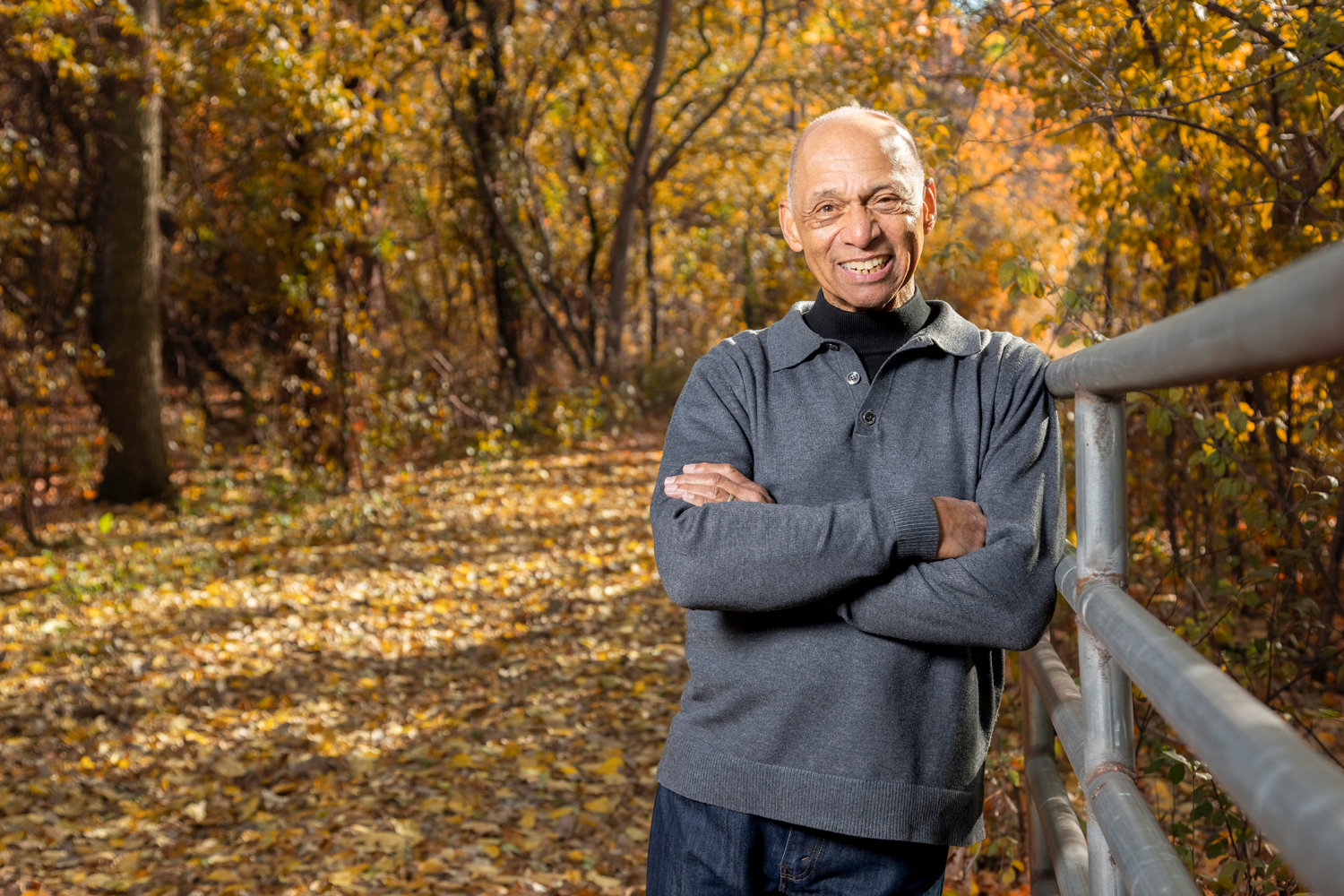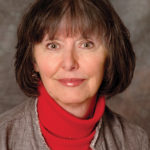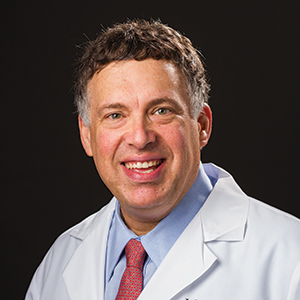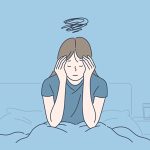Winter 2022/2023 Vol. 12 Issue 04
-
From the Editor-in-Chief
Taking Aim at CancerTherapeutic antibodies carry ‘payloads’ to destroy cancer cells.
by William G. Nelson, MD, PhD
-
Your Cancer Guide
Finding Light in Winter’s DarknessColder temperatures, gray skies and shorter days can dampen the spirits, which can heighten sadness associated with cancer treatment.
by Hester Hill Schnipper
-
Caregiving With Confidence
Creating Calm in ChaosA prepacked bag of essential and not-so-essential items can provide structure and comfort to people with cancer during treatment.
by K.J. Bannan
-
Policy Matters
Stemming the E-Cigarette EpidemicAn updated AACR-ASCO joint statement recommends steps for policymakers to lower e-cigarette use among youth and young adults.
by Roy S. Herbst, MD, PhD
-
Cervical Cancer: A Global Challenge
Low- and middle-income countries make inroads against a preventable and treatable cancer.
by Erin O’Donnell
-
Mysterious Microbes
Scientists look to decode the role of intestinal bacteria in our responses to immunotherapy.
by Natalie Slivinski
-
An Ongoing Discussion
Physicians are often hesitant to bring up end-of-life care discussions with their patients. People being treated for cancer may need to frame questions to determine their own goals of care.
by Cameron Walker
-
Survivor Profile
Rising to the ChallengeJames R. Scott uses his experiences with bladder cancer to be a light for others.
by Lindsey Konkel Neabore
-
Q&A
The FDA’s Risk-Benefit FrameworkUsing the withdrawal of Avastin’s approval for breast cancer as a case study, Mikkael A. Sekeres’ new book analyzes the U.S. drug approval process.
by Marci A. Landsmann
-
Get Involved
Healing Takes FlightAlicia and Esther Tambe honor their sister’s memory by providing travel experiences to Black women diagnosed with breast cancer.
by Thomas Celona
-
Facts and Stats
Setting the StageUnderstanding your cancer’s stage is important for determining your prognosis and treatment options. Here’s what the different stages mean.
by Thomas Celona
Adding chemotherapy to targeted therapy improves outcomes for people with advanced EGFR-positive non-small cell lung cancer.
by Sandra Gordon
Lessons From 20 Years Living With CancerMultiple myeloma survivor Jonathan Gluck reflects on uncertainty, and the scientific progress that has kept him living with cancer for more than two decades.
by Eric Fitzsimmons
The Enduring Importance of Cancer Disparities ResearchOpening session from AACR conference highlights how perseverance and adversity have informed cancer disparities research over the years.
by Eric Fitzsimmons
Most Cancer Survivors Don’t Meet Healthy Diet GoalsDespite research linking fruits and vegetables to cancer survival, many people do not change their eating habits after diagnosis.
by Darlene Dobkowski



















